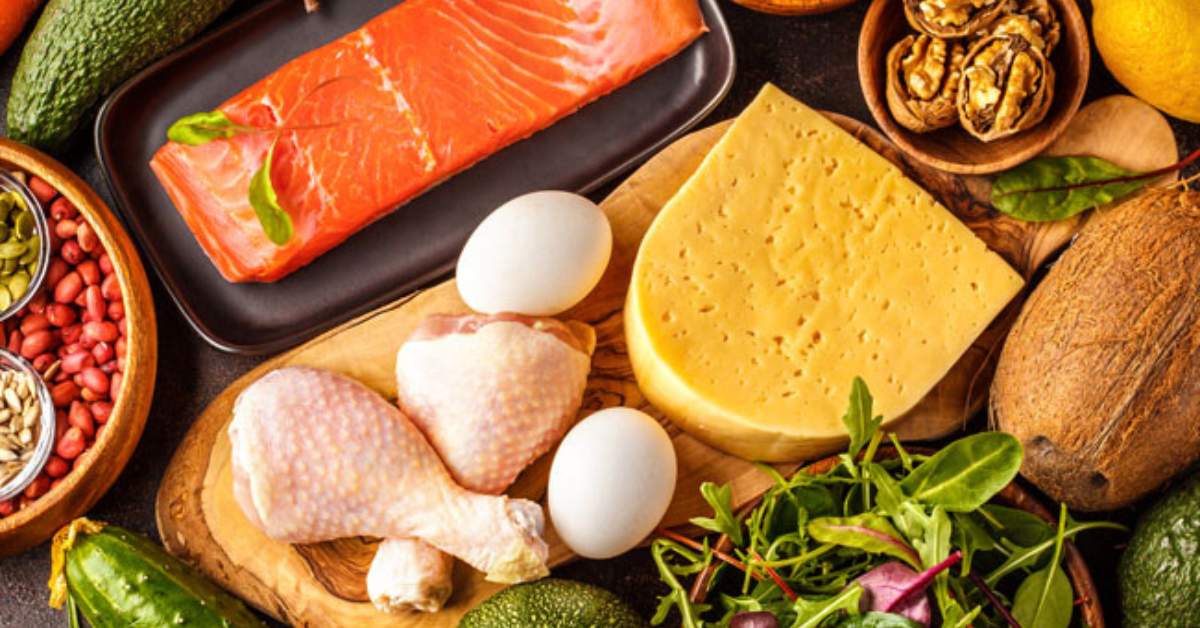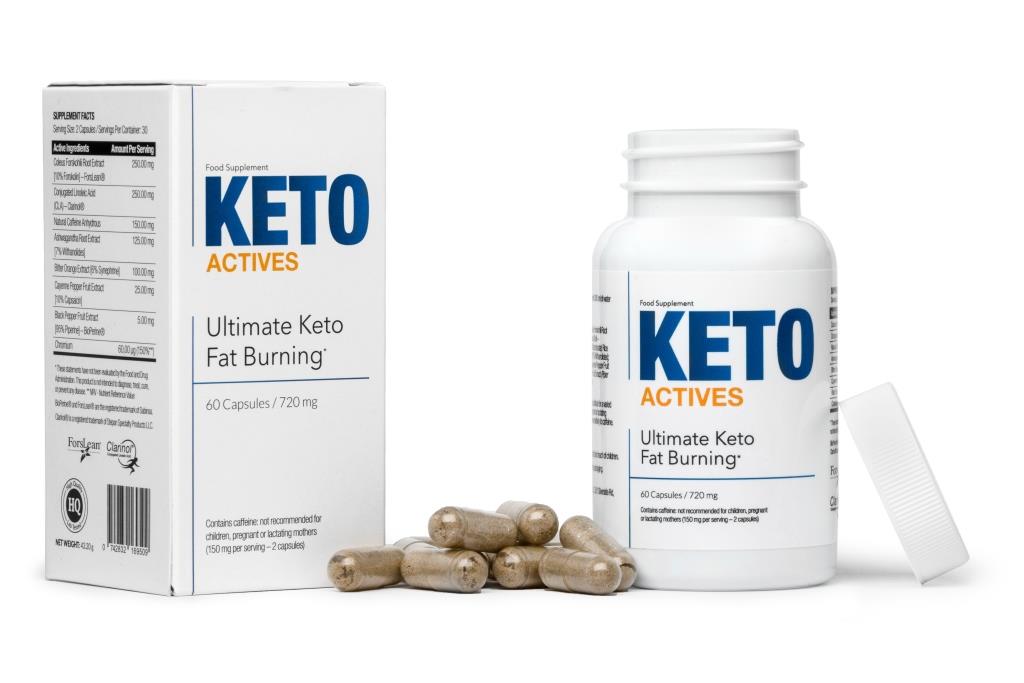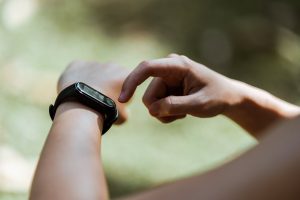This site contains product affiliate links. We may receive a commission if you make a purchase after clicking on one of these links.
When trying to lose weight, many people turn to diets that include a low carbohydrate component. Low carbohydrate diets can help you lose weight, but they can also lead to ketosis, a metabolic state in which the body uses ketones instead of glucose for energy.
What is ketosis?
Ketosis is a metabolic state in which the body uses ketones instead of glucose for energy. When you eat foods that contain carbohydrates, your body converts these carbs into glucose. Glucose is then used by the body to give energy.
It can as well be referred to as a metabolic state in which your body uses ketones for energy instead of glucose. Ketones are produced when the body breaks down fatty acids. When your body is in ketosis, it’s able to burn fat for energy, which can help you lose weight and improve your overall health.
What are the benefits of ketosis?
There are many benefits of ketosis, including weight loss, improved mental health, and increased energy levels. Here are some of the more common benefits of ketosis:
- Weight loss: ketosis can help you in losing weight , thanks to the restrictions on glucose that it imposes.
- Improved mental health: ketosis can improve your mental health by reducing your stress levels and improving your mood.
- Increased energy levels: ketosis can help you work harder and stay sharper during the day.
- Increased lifespan: ketosis can help you live longer, as it allows your body to use less glucose for energy.
What are the risks of ketosis?
There are a few potential risks associated with ketosis, the most obvious of which is that it can cause ketoacidosis, a life-threatening condition caused by an imbalance of ketones and acids in the blood. Ketoacidosis is most commonly caused by a lack of insulin, which occurs when people transition from a diet high in carbs to a keto diet, or when they lose too much weight quickly.
Another potential risk is that ketoacidosis can lead to brain damage, though this is rare and typically only occurs in people with severe liver disease. Finally, people who are new to keto may experience flu-like symptoms and fatigue, both of which can be symptoms of the keto diet itself rather than ketoacidosis.
What are the steps to follow to achieve lose weight, with ketosis?
In order to achieve ketosis, you will first need to start by restricting your carbohydrate intake. This means that you will need to avoid all processed foods, grains, and sugars. Instead, you will need to focus on eating foods that are high in healthy fats and protein.
Next, you will need to increase your intake of healthy fats. You can do this by eating foods that are high in omega-3s, such as fatty fish, nuts, and seeds. You also can include healthy fats in your diet by cooking with them or using them in recipes.
Finally, you will need to make sure that you are getting enough protein. You can get your protein from sources such as lean meats, poultry, eggs, and legumes.
There are a few things you can do to help you achieve ketosis, but the most important thing is to make sure you’re following a ketogenic diet. Here are a few tips to help you get started:
Start by calculating your macros.
To calculate your macros, you’ll need to track your daily caloric intake and expenditure. Write down everything you eat and drink for at least two weeks, and then use this information to create a ketogenic diet plan.
Exercise regularly.
Exercise is important for overall health and can help you achieve ketosis. However, make sure to moderate your exercise intensity. Overworking your body will prevent it from entering into ketosis.
Avoid processed foods.
Processed foods are full of sugar and carbs, which will prevent
How long will it take to achieve ketosis Weight Lose?
There is no definitive answer to this question as it depends on a variety of factors, including the individual’s body composition and activity level. However, assuming you are following a ketogenic diet correctly and consuming adequate amounts of dietary fat, it is generally safe to say that it will take about two to three weeks to achieve ketosis. This is particularly true if you are starting from a relatively low-carbohydrate baseline and are gradually increasing your intake of keto-friendly foods. If you are not following a ketogenic diet or are not consuming enough dietary fat, it may take longer to achieve ketosis.
What foods should be avoided while on ketosis?
When you are on a ketogenic diet, it is important to be aware of the foods you should avoid. While there are many great foods to eat on this type of diet, it is important to avoid foods that can lead to ketoacidosis. Some of the most common foods to avoid while on ketosis are:
• Processed foods
• Sugary foods
• Grains
• Dairy
• Vegetables
• Fruit
• Alcohol
• Coffee
• Tea
• Soda
• Fast food

What are the potential side effects of ketosis?
When you are in ketosis, your body is using fat for energy instead of glucose. This can cause some side effects, including:
• Dry mouth
• Constipation
• Feeling tired
• Increased urination
• Increased thirst
• Increased hunger
• Increased urination
• Increased appetite
• Weight loss
What are the best methods for tracking ketosis with weight lose ?
One popular method of tracking ketosis is measuring your ketone levels with a blood or urine test. This can be useful to track your ketosis progress and monitor changes over time. However, it can be difficult to accurately determine your ketone levels with this method, so it may not be the most reliable way to track your ketosis.
Another method of tracking ketosis is through your food diary. This can help you track what foods you’ve been eating and how many ketones they contain. This can be a helpful way to track your ketosis progress, but it can be time-consuming and
There are many different ways to track ketosis, and the best method depends on what you want to achieve. Here are some tips:
- Use a blood ketone meter to track ketosis. This is the most accurate way to track ketosis, as it measures ketones in your blood.
- Use a urine ketone meter to track ketosis. This is a less accurate way to track ketosis, as it only measures ketones in your urine.
- Use a food tracking app to track ketosis. This is a less accurate way to track ketosis, as it only tracks food items.
- Use a keto tracking website. This is a less accurate way to track ketosis, as it only tracks keto content.
- Use a keto









Thanks for your blog, nice to read. Do not stop.
Pingback: Weight Loss Products
Thank you for your contribution